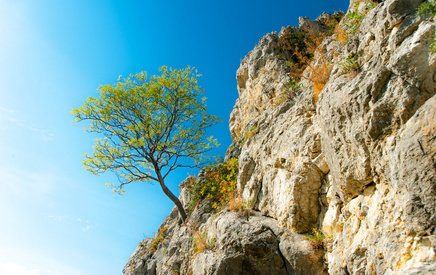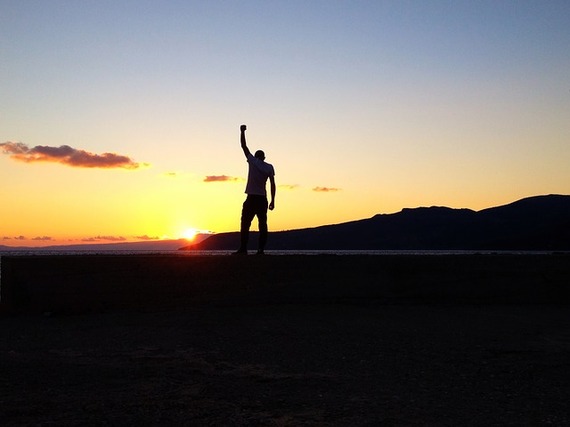As I relish one of my last, scorched, wind-blown afternoons on my little stone-paved veranda on a Cycladic island, I think of my past few weeks here and the Greece I have encountered.
Greece is a country in perpetual crisis. It has been in a constant crunch, a state of emergency, a permanent state of transition, for a while now. Scenarios of doom and reckoning have been floating in the air for at least half a decade. It's hard to miss how all that has affected its people.
In between reconnecting with my sensory home -- the smell of thyme bushes and fig trees, the crisp taste of watermelon, the buzzing of the cicadas in a hot afternoon -- all I seem to be doing this summer vacation is talk; probe; ask questions. I seek out mostly the younger Greeks. They are the ones hit the hardest; the "lost" generation of Greece, as they are now called by sociologists and the media. More than half of them are unable to find jobs. Most of them can hardly envision, let alone plan, their future. They are also the ones that overwhelmingly voted "No" to the recent Greek bailout referendum, which I have had a hard time making sense of.
I talk to the young woman serving me at the village coffee shop. When I ask her how she and her peers are coping with the crisis, she tells me with a half smile: "I am serving my degree," implying that her university degree is utterly useless in getting her a job. There is no anger or bitterness in her voice. She seems rather stoic. "I'm grateful that I can wait tables; at least I have a job, unlike most of my friends," she rushes to add.
Across the street, the small crafts shop is empty most of the time I pass by. As the shop owner carefully wraps the piece of hand-made pottery I just bought, she shares with me her worries about her three children, aged between 17 and 22. "They are constantly angry and I don't know what to tell them," she says. "They have no future and it's not their fault. But I have raised them to endure."
The more I talk, the more it seems to me that the whole country is immobilized. Nobody really knows what's coming or when, what the next development will be, which rumors are true and which are baseless. Everybody is in a state of suspended animation. At the same time, I witness an unprecedented level of stoicism and a very particular kind of resilience in the face of so much uncertainty. When I came here, I was expecting to be confronted with anger, frustration and bitterness. There is a lot of that going around, for sure; a lot of disillusionment. But there is also an extraordinary level of kindness. The crisis has brought families together. People support each other whenever possible, even with limited means. Everyone seems to realize that a selfish way of living belongs firmly in the past if the nation is to survive these times.
Resilience is in our Greek genes for sure. As a country, as a people, we have been through many crises over the centuries, most of them worse than this one, and we have always bounced back. But the kind of resilience I am observing here is not just the one that is bound to a strong survival instinct. This resilience comes packaged in humanity and compassion. It is a kind-hearted resilience; a caring resistance; a gentle, but undeniable, strength. Quite a contrast from the polarization and intolerance of only a few weeks ago.
As I am leaving the little crafts shop on the Cycladic island village, the owner tells me something that makes an impression on me. She says that, although her kids seem to have no future in a country that is battered and bruised from both the outside and the inside, they haven't given up. "They are the ones inspiring me for moving forward," she admits, "rather than the other way around. They tell me 'Mom, you need to punch the knife!'" She looks at me with a half-conspiratory, proud smile. "We all need to punch the knife. Keep going even though it hurts."
A whole country is doing that right now. Again. In our own, gentle way.
A version of this post was first published on Diary of a Move.
Katia Vlachos is a writer, blogger and willing foreigner. She writes on cross-cultural transitions and expatriate life on her blog Diary of a Move.


